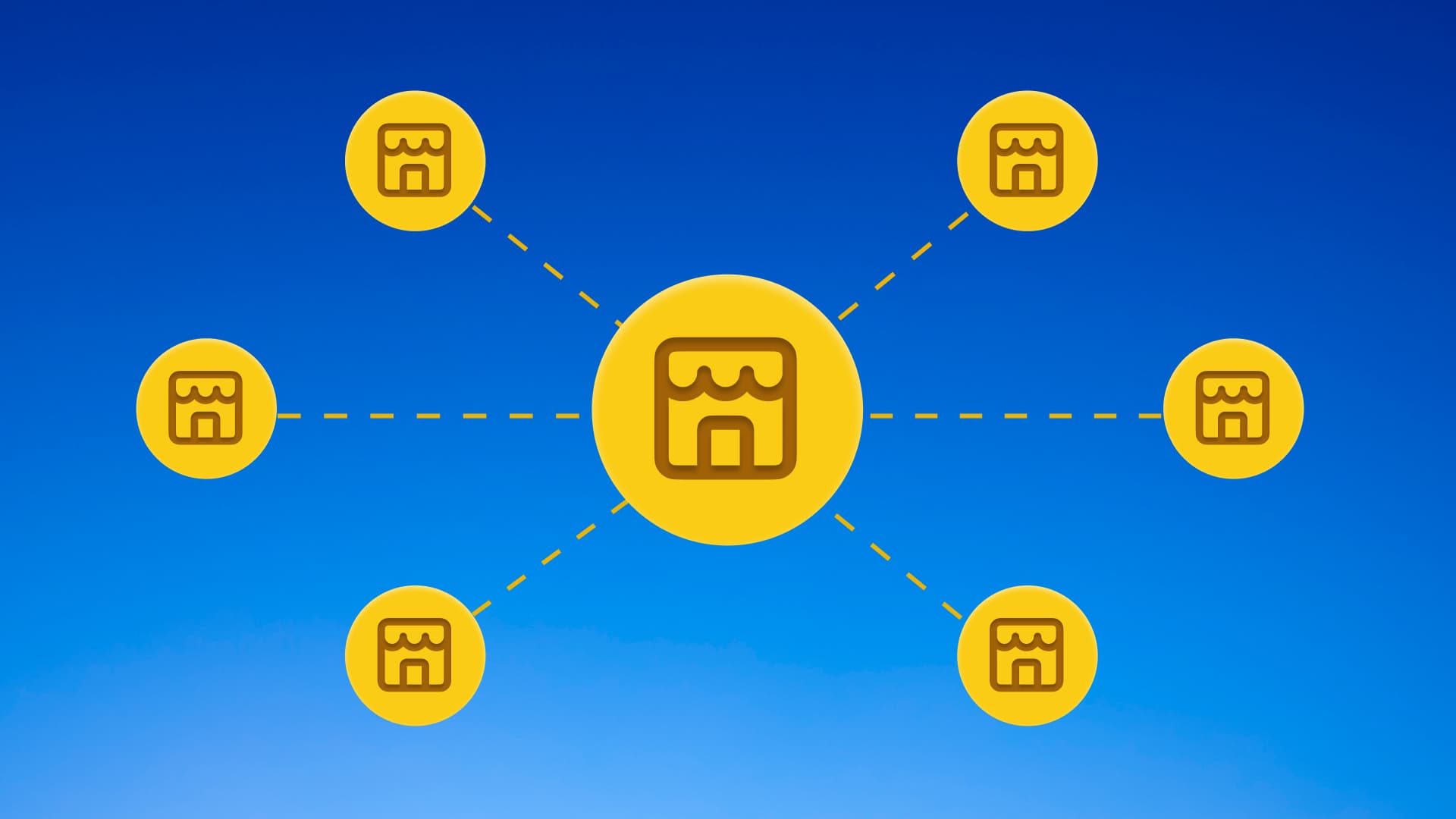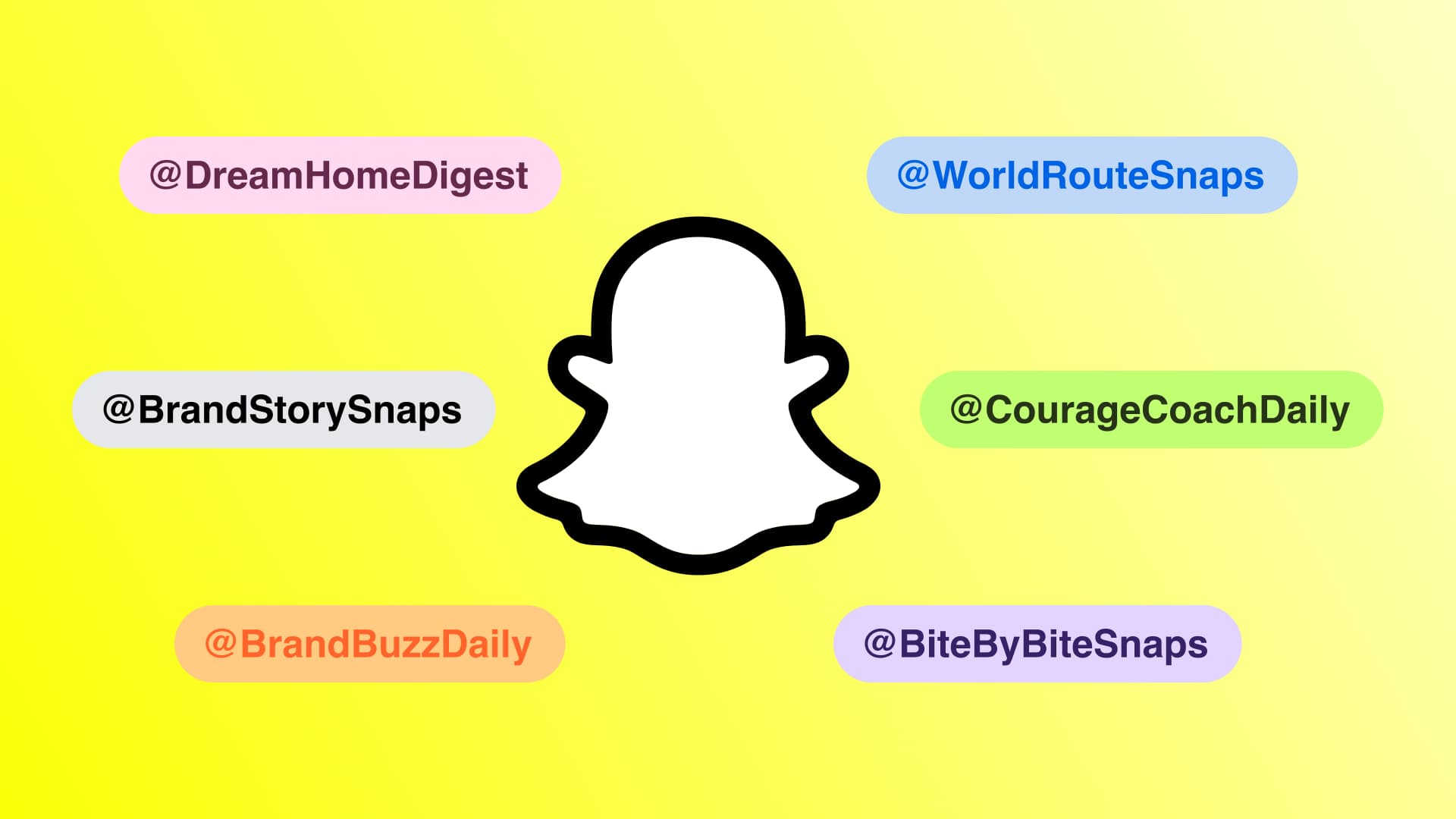New

Turn Your DMs Into Lead Gen!
Learn how to collect lead data from your DMs such as email addresses, phone numbers, and more right from your social inbox. If you are not yet automating your DMs your competitors are outpacing you.

How Something Social Saved 75% of Their Time and Increased Revenue by 15%
See how a fast-growing agency improved operations, cut down hours of manual work, and unlocked new revenue opportunities with Vista Social.
New
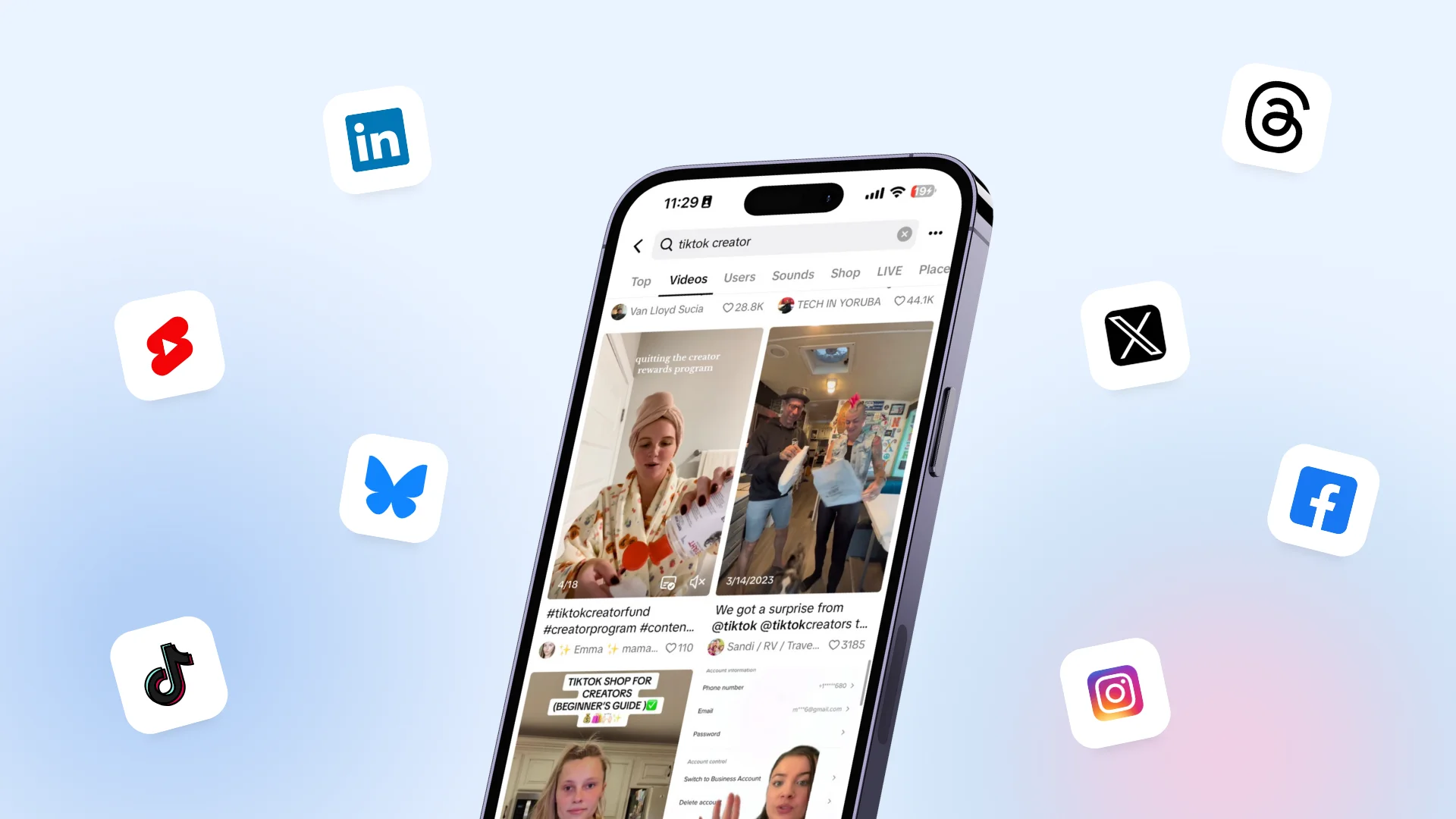
50 Unique Social Media Ideas for Consistent Content Creation
Discover 50 unique social media post ideas to engage your audience, grow your brand, and maintain a consistent content strategy with ease!
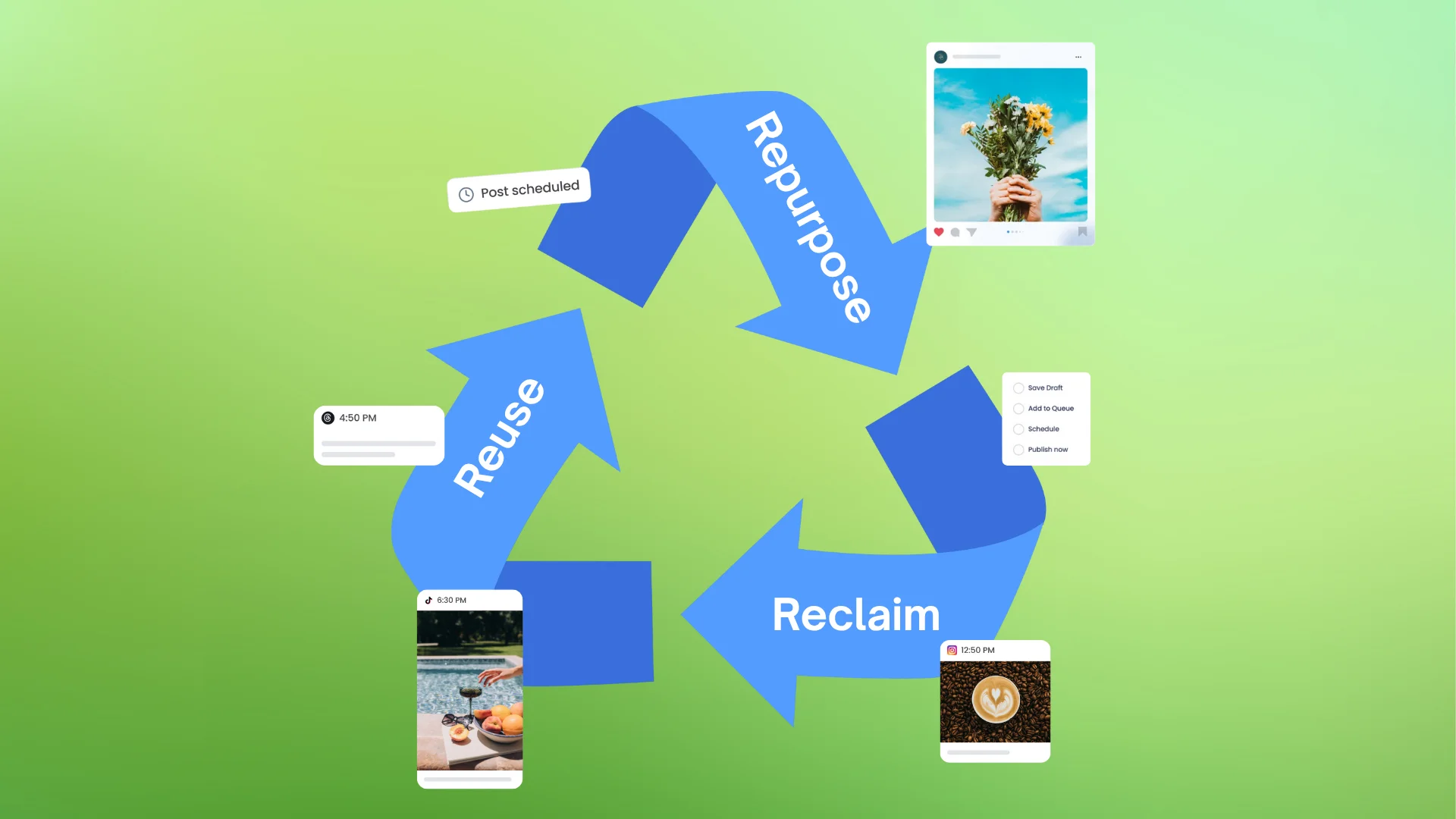
Mastering Content Reuse: The Key to a Consistent and Sustainable Posting Strategy
Published on September 19, 2025
9 min to read
Affiliate Marketing vs. Influencer Marketing: Which Works Best?
Summarize with AI

Summarize with AI
ChatGPT
Claude
Perplexity
Share
Vista Social
X (Twitter)
Table of contents
Summarize with AI
ChatGPT
Claude
Perplexity
Share
Vista Social
X (Twitter)
When it comes to affiliate marketing vs. influencer marketing, the big question is: which works best at winning new customers?
Both strategies promise reach, trust, and conversions, but they deliver results in very different ways. Affiliate marketing rewards partners (affiliates) with commissions for every sale they generate through special links, while influencer marketing taps into social media creators who inspire their loyal followers to buy.
Brands often compare the two because both aim to boost sales and visibility, yet the path to success looks different. The challenge? Deciding which one gives the best bang for your buck.
With 81% of brands running affiliate programs and an estimated 86% investing in influencer campaigns, it’s clear these methods dominate digital marketing. In this blog, we’ll break down their pros, cons, and best uses so you can choose the strategy that drives real results.
Table of contents
What is affiliate marketing?
Affiliate marketing is a performance-based strategy where brands team up with individuals to promote their products or services. Instead of paying upfront for ads, companies reward affiliates with a commission every time they generate a sale, lead, or other desired action.
The process is simple: affiliates share a unique tracking link, and when someone clicks and makes a purchase, the affiliate earns a percentage of that sale. This win-win setup motivates affiliates to actively promote while giving businesses more sales without unnecessary ad spend.
Common examples of affiliate marketing include:
- Amazon Affiliates: Creators earn when people purchase products through their links. For example, since Coffee Affection—a site that helps people brew world-class coffee at home—launched,it has published a wide range of articles on coffee recipes, brewing methods, and coffee machine reviews. Most of its visitors come from organic search, showing how quality content and smart SEO can drive traffic. By including Amazon product links, Coffee Affection earns commissions while providing valuable guidance—demonstrating how effective affiliate marketing can be.
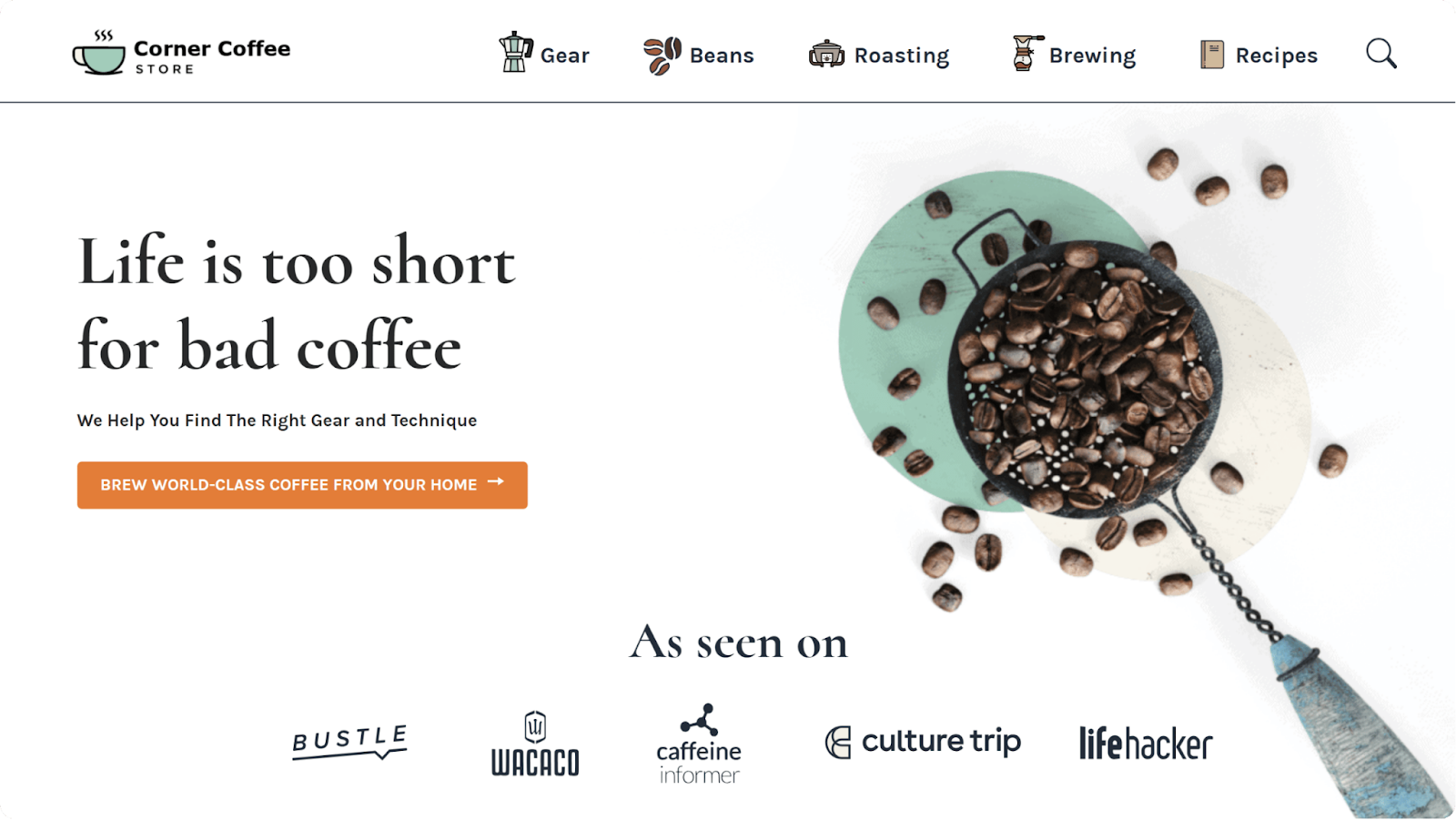
SaaS referral programs: Software companies offer recurring commissions for subscription referrals (e.g., Adobe, Semrush, and even Vista Social).
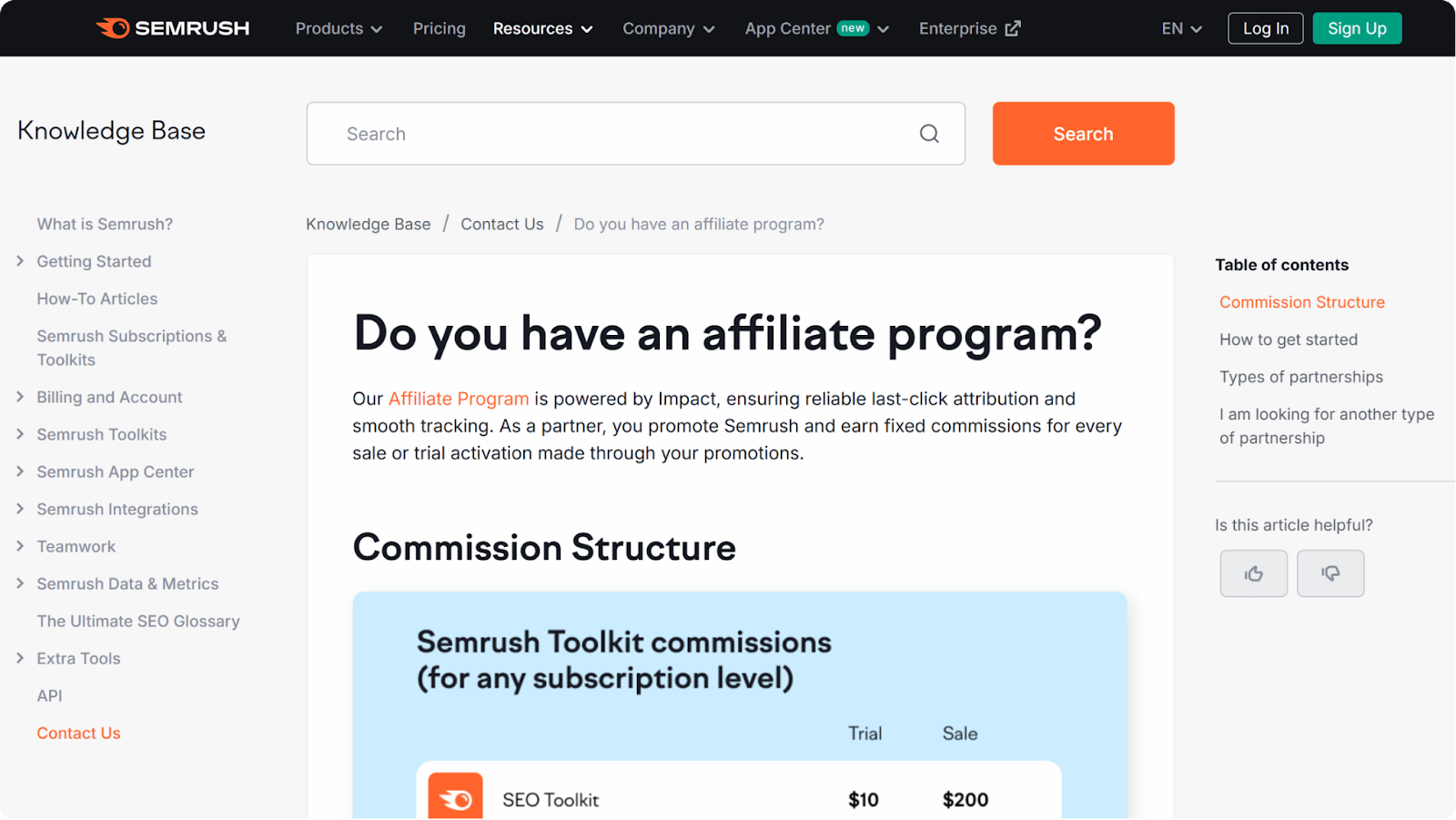
- Ecommerce platforms: Brands like Shopify reward affiliates for driving new sign-ups or traffic.
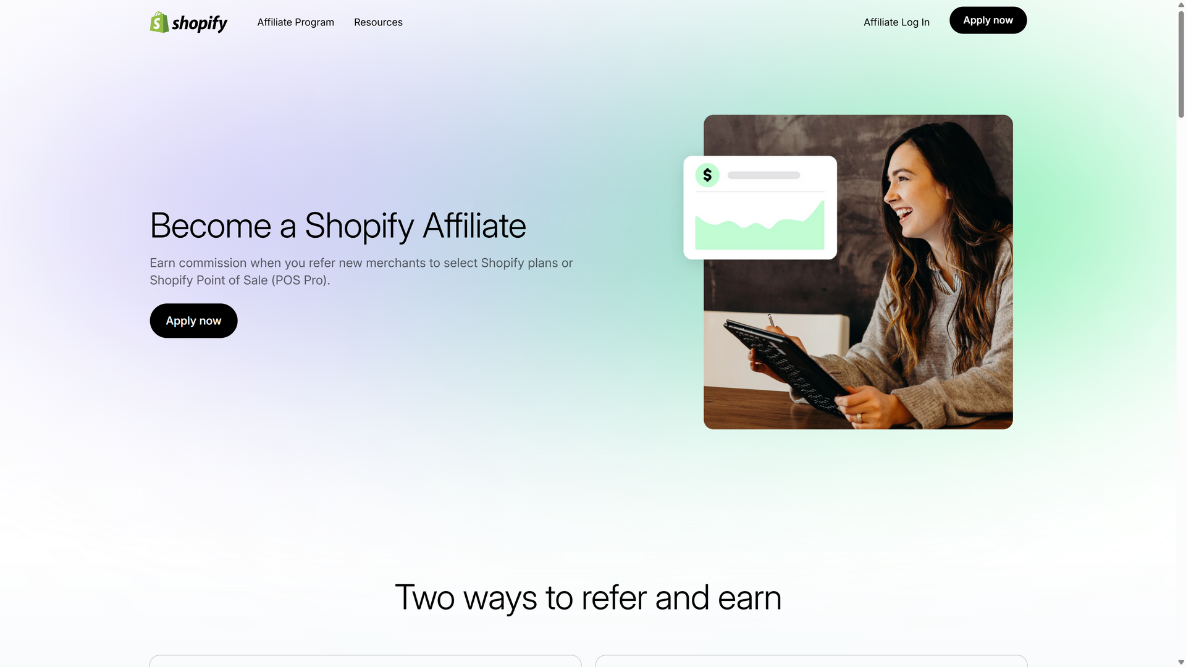
The appeal for performance-driven brands is clear—they only pay for actual results. That means more control over spending, easy-to-track ROI, and a scalable way to reach new audiences through trusted voices who already have influence.
Must Read: Top Affiliate Marketing Trends on Social Media for 2025
What is influencer marketing?
Influencer marketing is when brands team up with popular personalities on social media to promote their products or services. These partnerships usually happen through:
- Paid collaborations: Brands pay influencers to showcase their products
- Sponsored posts: Content created by influencers featuring the brand
- Brand ambassadorships: Long-term relationships where influencers consistently represent a brand
Instead of hearing from a company directly, the message comes from someone people already admire and trust. This is the magic of social proof—when followers see their favorite influencer using a product, they feel more confident in trying it too.
What makes influencer marketing powerful is the level of trust influencers build with their audience. Their recommendations feel personal, relatable, and authentic, unlike traditional ads that often feel forced. For brands, this means instant access to a community that listens, engages, and takes action.
A great example came from Dove back in 2022. The brand expanded its influencer community to promote inclusivity and body confidence through campaigns like #PassTheCrown, #DetoxYourFeed, #ReusableIsBeautiful, and Baby Dove’s #OneRealPressure.
These efforts generated massive impressions and boosted engagement significantly, showing that even micro-influencers can create huge impact and exceed marketing goals.
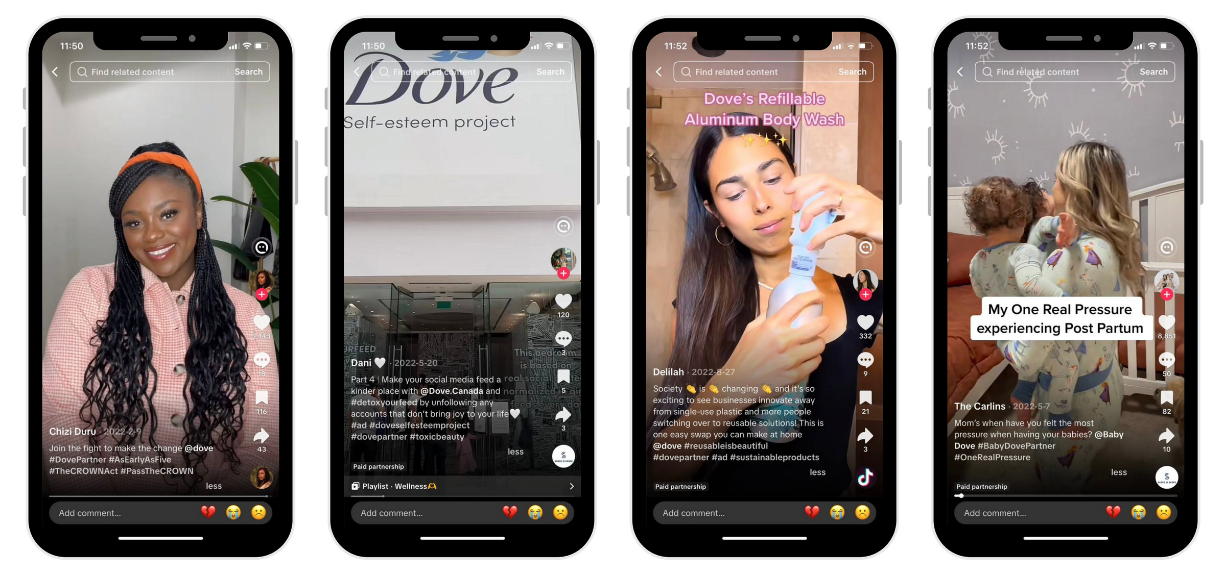
Must Read: Guide to Influencer Marketing: 7 Key Steps for Success
Affiliate marketing vs. influencer marketing: Key differences
When it comes to affiliate marketing vs. influencer marketing, both are powerful, but they work in different ways. If you’re a brand deciding where to invest, knowing the key differences will help you choose the right strategy for your goals.
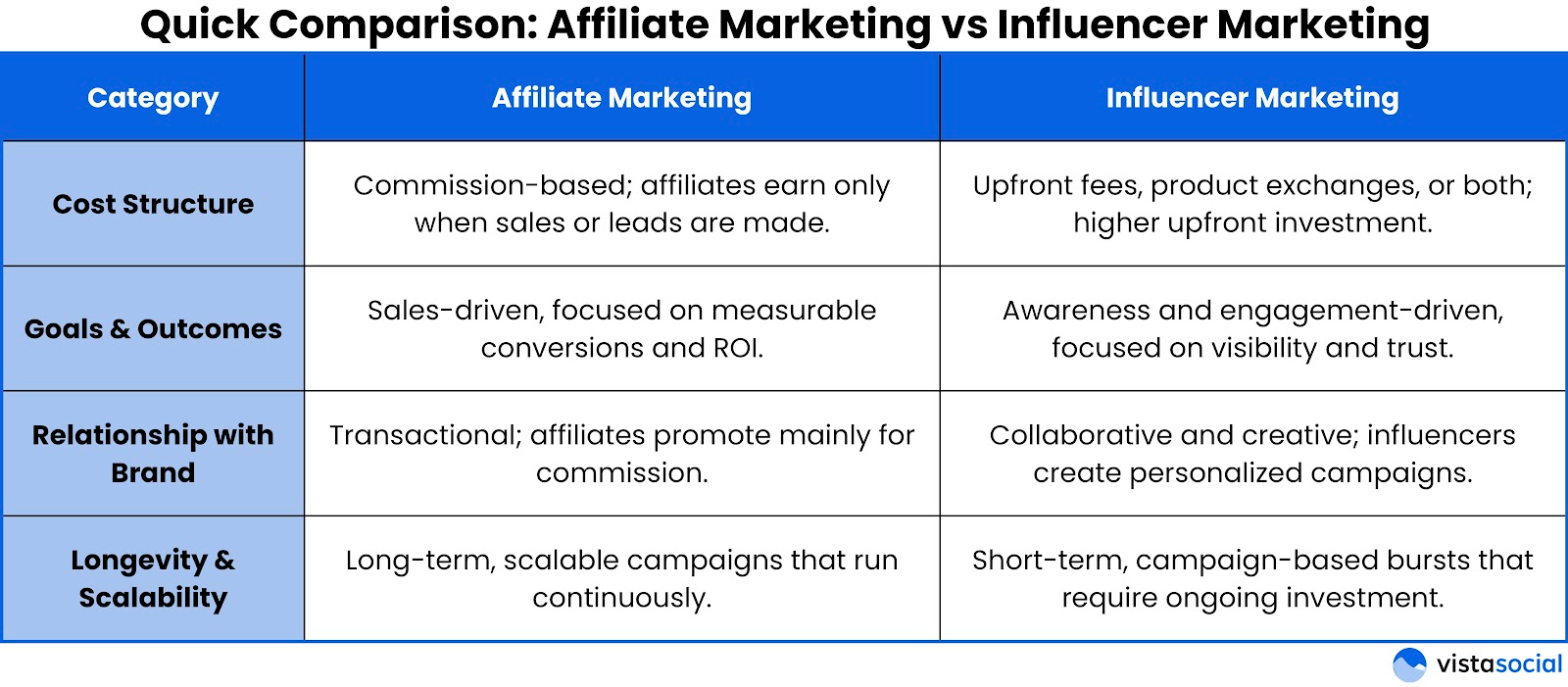
Cost structure
Affiliate marketing uses a commission-based system, where affiliates only get paid when they make a sale or bring in leads. This makes it a budget-friendly choice for businesses that want to control spending.
Influencer marketing, however, usually requires upfront fees or product exchanges. While it costs more at the start, influencers bring direct access to a loyal audience that can create fast impact.
Goals & outcomes
Affiliate marketing is sales-driven, with the main goal of generating measurable conversions. Affiliates are motivated by performance, so brands often see clear returns on investment.
Influencer marketing, on the other hand, is more about creating brand awareness and building engagement. Even if it does not always lead to instant sales, it helps brands build long-term visibility and trust with their audience.
Relationship with brand
Affiliate partnerships are usually transactional, with affiliates promoting products mainly to earn commissions. The content is often less personal but still consistent across campaigns.
Influencer marketing is more collaborative and creative. Influencers work with brands to design campaigns that match their style and speak directly to their followers, making the connection feel more authentic.
Longevity & scalability
Affiliate marketing is built for long-term growth and scalability. Once the program is running, it can keep delivering results with less effort and investment.
Influencer marketing, however, is more short-term and campaign-based. It creates strong bursts of attention, but to keep the momentum, brands need to invest in fresh influencer partnerships regularly.
Pros and cons of affiliate marketing
Affiliate marketing has become a trusted strategy for many businesses looking to grow their sales without overspending. Like any approach, it comes with its strengths and weaknesses. Here’s a breakdown:
Pros of affiliate marketing
- Cost-effective: You only pay affiliates when they drive actual results, making it budget-friendly
- Scalable: With the right program, you can partner with hundreds or even thousands of affiliates to expand your reach
- Pay-for-performance: Payments are based on conversions or sales, ensuring you get value for every dollar spent
- Measurable ROI: Advanced tracking tools let you monitor clicks, conversions, and revenue, making it easy to see what’s working
Cons of affiliate marketing
- Less control over content: Affiliates may present your brand in ways you don’t fully control
- Potential for low-quality affiliates: Not all affiliates are a good fit; some may focus only on quick commissions rather than genuine promotion
- Slower awareness growth: Unlike influencer marketing, which can quickly generate buzz, affiliate marketing often takes longer to build brand recognition
Must Read: 7 Common Affiliate Marketing Mistakes to Watch Out For
Pros and cons of influencer marketing
Influencer marketing has become a go-to strategy for brands that want fast visibility and audience connection. Here are its main pros and cons:
Pros of influencer marketing
- Builds trust fast: Audiences already follow influencers because they value their opinions, making it easier for brands to gain credibility
- Highly engaging: Influencers create authentic content that sparks conversations, drives likes, comments, and shares, and strengthens brand awareness
- Great for new product launches: Partnering with the right influencer can generate instant buzz and excitement when introducing something fresh to the market
Cons of influencer marketing
- Higher upfront cost: Working with well-known influencers can require a large budget, which may be a challenge for small businesses
- ROI harder to measure: Unlike affiliate links or direct sales tracking, measuring the exact return from influencer campaigns can be tricky
- Risk of mismatched influencers: If the influencer’s values, style, or audience don’t align with your brand, the campaign may feel forced and miss the mark
When to use affiliate marketing vs. influencer marketing
Choosing between affiliate marketing vs. influencer marketing depends on what you want to achieve for your brand. By understanding when to use each, you can maximize your marketing efforts and avoid wasted resources.
Choose affiliate marketing if:
- You want measurable ROI and direct sales: Every affiliate link or code allows you to track conversions, making it easier to see which partners bring in the most revenue
- You’re an ecommerce or SaaS business: These models thrive on consistent sales, subscriptions, or product purchases that affiliates can help drive
- You prefer long-term, performance-based growth: Affiliates often create evergreen content such as blogs, product reviews, or tutorials that keep generating leads and sales over time
- You want lower upfront costs: Since affiliates earn only when they generate results, it reduces the financial risk compared to large, upfront influencer fees
Choose influencer marketing if:
- You’re launching a new product or brand: Influencers can quickly put your brand in front of thousands (or even millions) of potential customers
- You want quick exposure and buzz: Influencer campaigns can create excitement on social media platforms, making them ideal for product drops, events, or seasonal promotions
- You aim to tap into niche communities through trusted voices: Micro-influencers, in particular, have highly engaged audiences that trust their recommendations
- You’re focused on storytelling and brand identity: Influencers can humanize your brand by showing how your product fits into real lifestyles and trends
How to combine affiliate and influencer marketing tactics
The talk about affiliate marketing vs. influencer marketing often makes it seem like brands have to choose one.
But the truth is, you don’t need to pick—you can use both together for better results.
Affiliate marketing is all about performance and sales, while influencer marketing focuses on trust and awareness. When you mix them, you get a strategy that boosts conversions and builds real connections with your audience.
Here are some powerful ways to combine both tactics:
- Offer influencers affiliate links instead of flat fees: Give influencers their own affiliate links so they can earn every time they drive sales. This pushes them to promote more, since their income grows with your brand’s success.
- Turn successful affiliates into brand ambassadors: When affiliates bring in strong results, reward them by making them brand ambassadors. Give them perks, early product access, or long-term deals so they feel valued while still earning commissions.
- Use influencer-generated content to power affiliate campaigns: Reuse influencer posts, videos, and blogs in your affiliate promotions. This expands your reach, makes your brand look more authentic, and keeps your campaigns full of engaging content.
A great example is Sephora’s Beauty Insider program. They work with influencers who promote products using affiliate links, while also turning top-performing partners into long-term ambassadors.
This way, Sephora drives consistent sales through affiliates while keeping its brand message authentic and trusted through influencer voices.
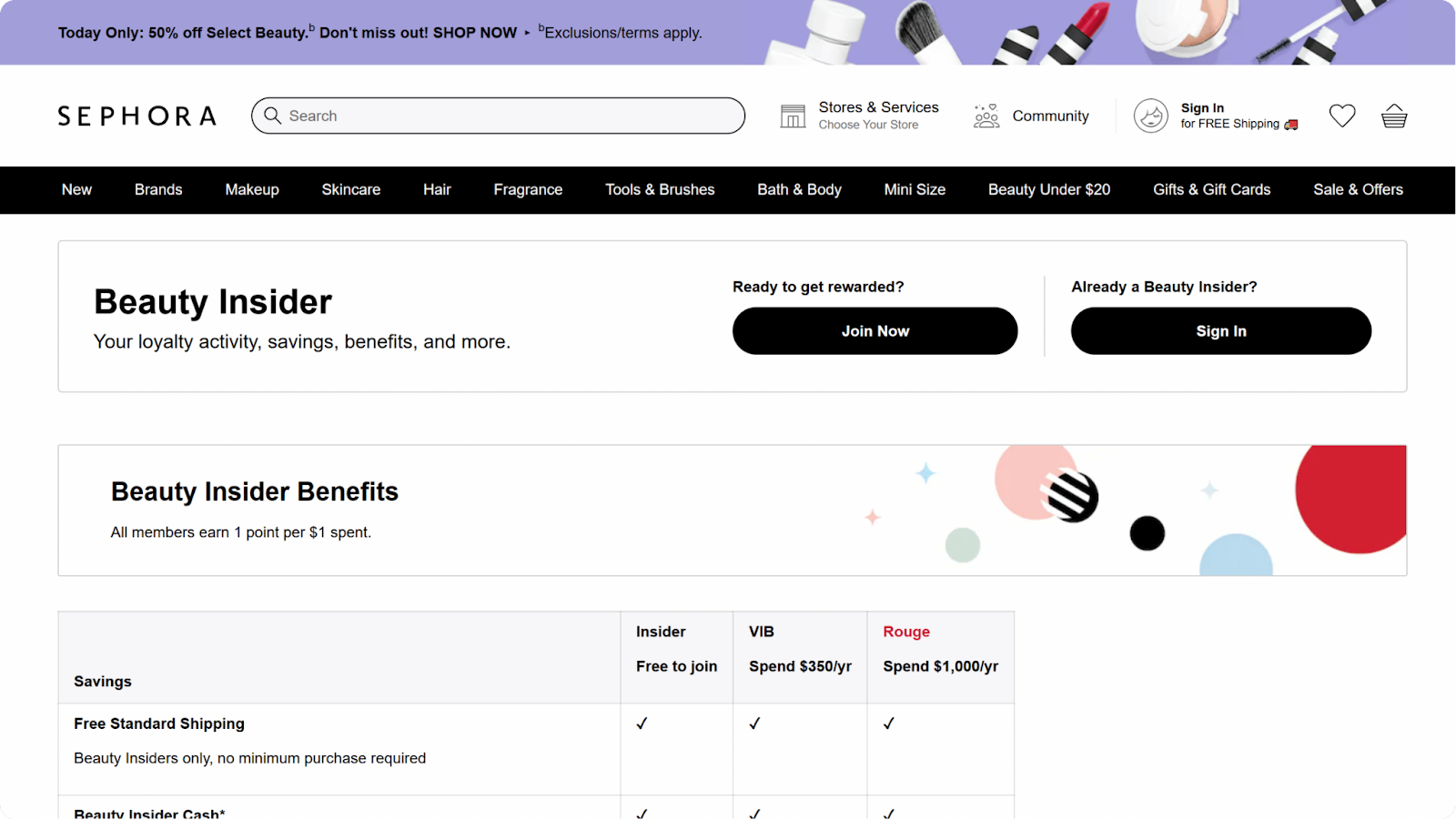
By combining the strengths of affiliate marketing vs influencer marketing, you get the best of both worlds—a strategy that drives trust, builds loyalty, and increases sales at the same time.
How to use Vista Social in your affiliate and influencer marketing strategies
When we look at affiliate marketing vs. influencer marketing, both can bring big results—but only if you manage them well.
The good news? Vista Social gives you everything you need in one place. No more switching apps or losing track of campaigns. With Vista Social, you can easily track, plan, and grow both strategies side by side.
Here’s how Vista Social helps you win in affiliate and influencer marketing:
- Track influencer and affiliate campaigns in one dashboard: Monitor progress and results from both strategies in a centralized hub
- Analyze content performance across multiple platforms: Gain insights into engagement, clicks, and conversions to see which campaigns drive the most impact
- Use AI tools to generate captions and optimize outreach: Save time with AI-powered content suggestions that align with your brand voice
- Manage collaboration with approval workflows: Keep campaigns organized by reviewing, approving, or editing content before it goes live
- Schedule influencer and affiliate content in a unified calendar: Plan ahead and maintain consistency by managing posts across platforms in one place
Affiliate marketing vs. influencer marketing: What’s the perfect fit for your brand?
At the end of the day, there’s no one-size-fits-all answer when it comes to affiliate marketing vs. influencer marketing. The “best” strategy depends on your brand’s goals—whether you’re after measurable sales conversions, stronger community engagement, or both.
Many brands even find that a mix of affiliate and influencer marketing delivers the greatest impact. The key is to experiment, track your performance, and see what resonates most with your audience.
Ready to take the guesswork out of your strategy? Start tracking your campaigns with Vista Social and make every marketing move count.
Affiliate marketing vs. influencer marketing FAQs
Is affiliate marketing cheaper than influencer marketing?
Affiliate marketing is usually cheaper because you only pay affiliates when they bring results like sales or leads. This makes it a performance-based strategy that fits most budgets. On the other hand, influencer marketing often requires upfront fees, and the price can get high depending on the influencer’s reach and market. If you want a low-risk way to pay for actual results, affiliate marketing takes the lead.
Can influencers also be affiliates?
Yes! Influencers can also act as affiliates. Many already do this by promoting products through posts, stories, or videos, while using affiliate links or discount codes to earn commissions. This combo approach helps brands win both awareness and sales, making it a smart move if you want maximum impact from a single partnership.
Which strategy is better for small businesses?
For small businesses on a tight budget, affiliate marketing is usually the better choice. You don’t need a big upfront investment, and you only pay when you see results. Influencer marketing is powerful for building buzz and visibility, but it can cost more upfront. If you’re just starting out, affiliate marketing gives you more control over your spend while still growing your brand.
How do I measure ROI for each?
Affiliate marketing ROI is simple to track. You can measure it by counting sales or leads from affiliate links and comparing the commissions paid with the revenue earned. Influencer marketing ROI is a bit broader—you look at engagement, reach, and conversions from influencer campaigns. Promo codes or tracking URLs make it easier to see how much sales an influencer actually drives.
What mistakes should brands avoid in affiliate and influencer marketing?
Brands often make mistakes like not vetting partners carefully, chasing numbers instead of quality, skipping relationship-building, or failing to set clear rules. Allowing spammy or misleading promotions can also harm credibility. To get the best results, it’s important to work with the right partners and focus on genuine, trustworthy promotion.
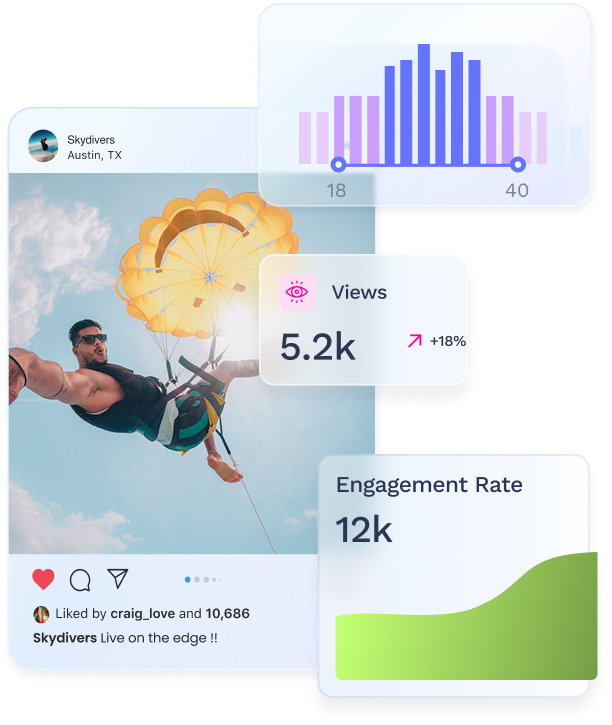
Try Vista Social for free
A social media management platform that actually helps you grow with easy-to-use content planning, scheduling, engagement and analytics tools.
Get Started NowAbout the Author
Content Writer
Content writer and copywriter with over 2 years of experience, specializing in VSL scriptwriting. I’ve worked with various brands to create compelling content. Passionate about storytelling that connects and converts. Loves cats, poetry, and skincare
Read with AI
Save time reading this article using your favorite AI tool
Summarize with AI
Never Miss a Trend
Our newsletter is packed with the hottest posts and latest news in social media.
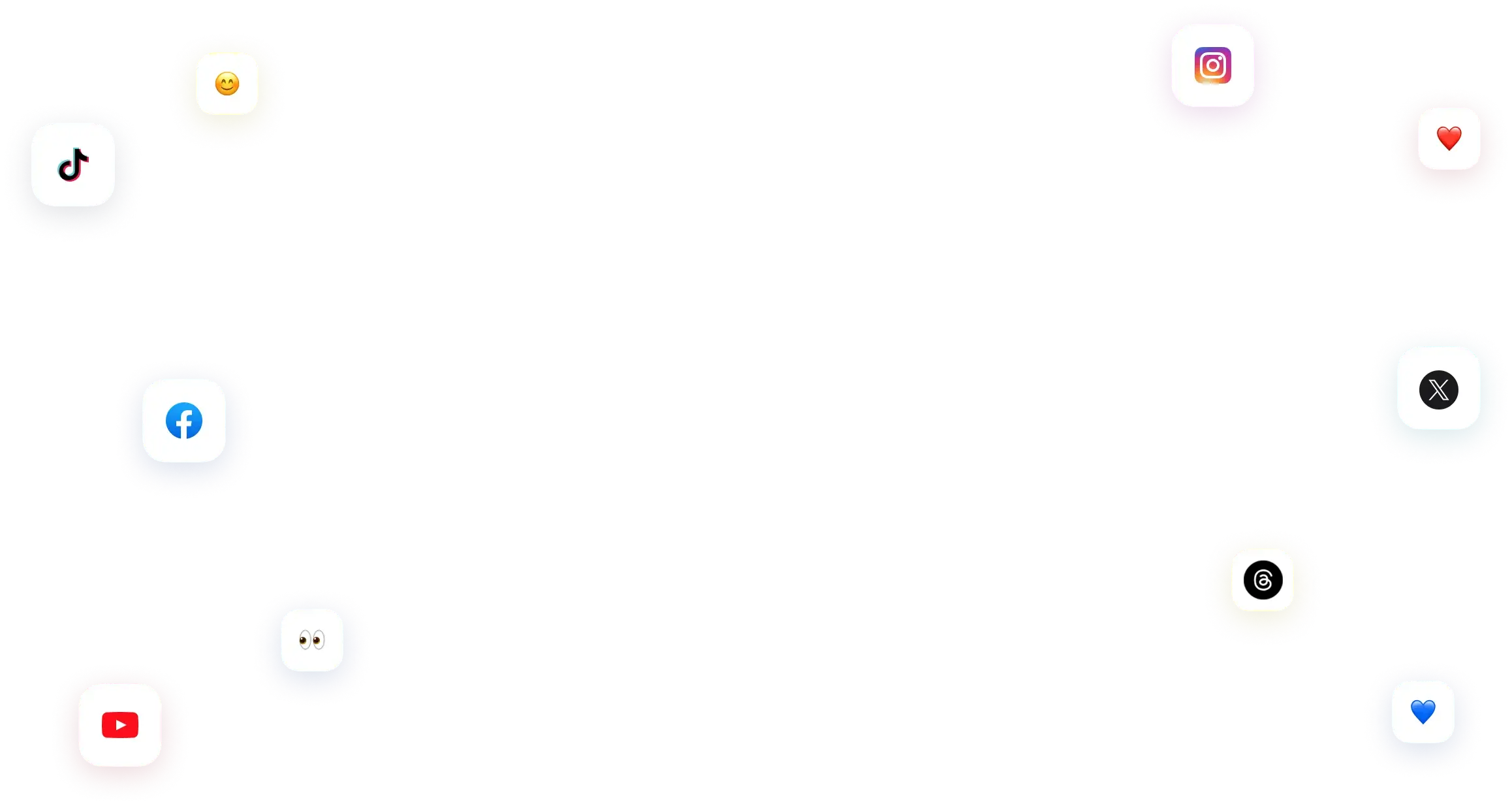
You have many things to do.
Let us help you with social media.
Use our free plan to build momentum for your social media presence.
Or skip ahead and try our paid plan to scale your social media efforts.
P.S. It will be a piece of cake 🍰 with Vista Social
Subscribe to our Newsletter!
To stay updated on the latest and greatest Social Media news. We promise not to spam you!
Enjoyed the Blog?
Hear More on Our Podcast!
Dive deeper into the conversation with industry insights & real stories.
